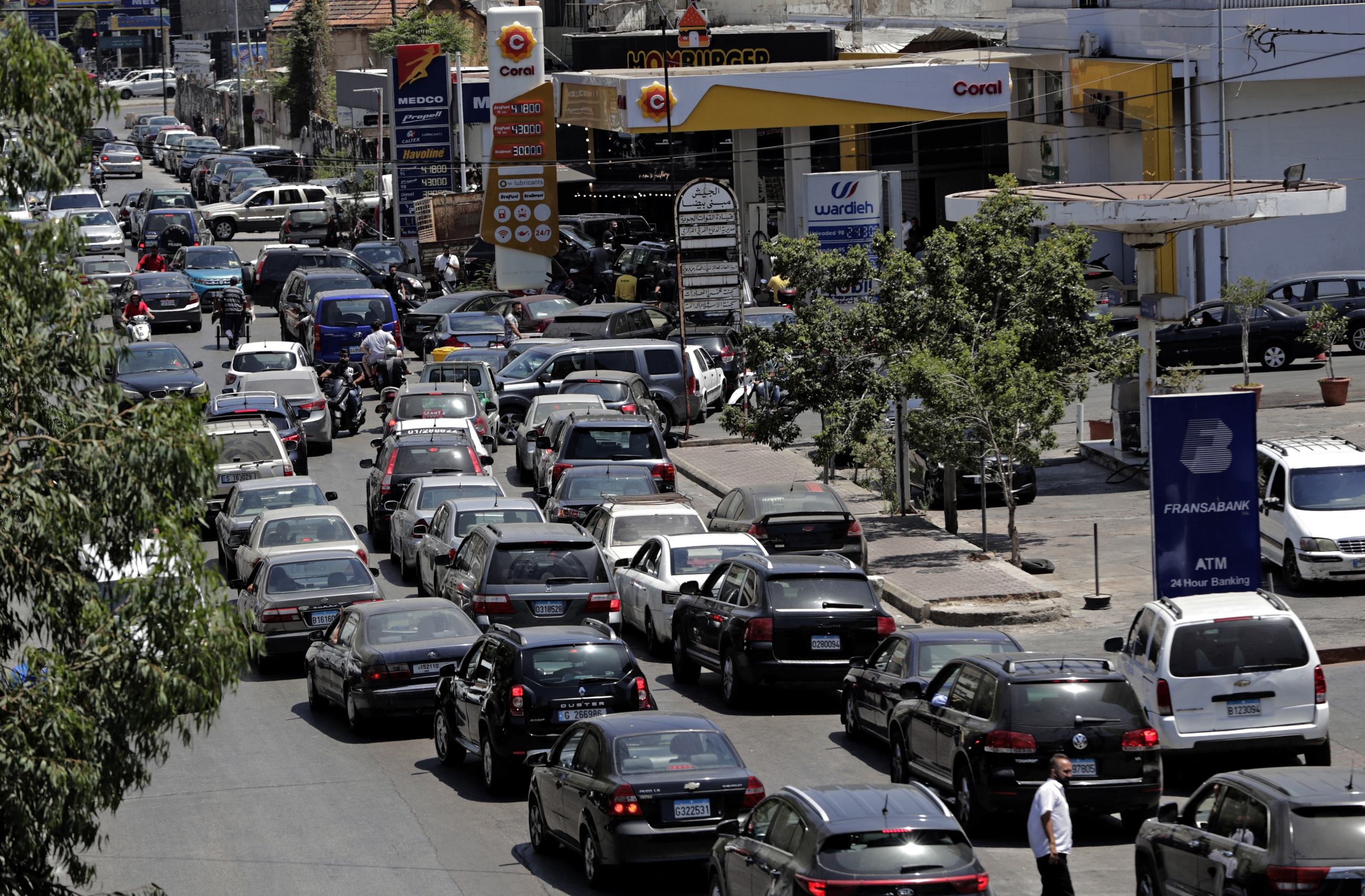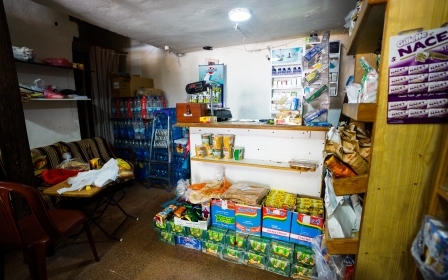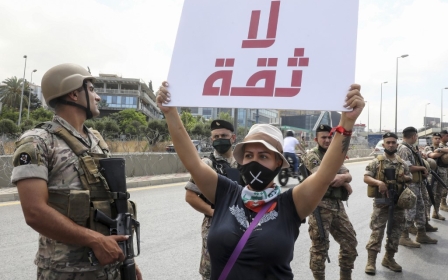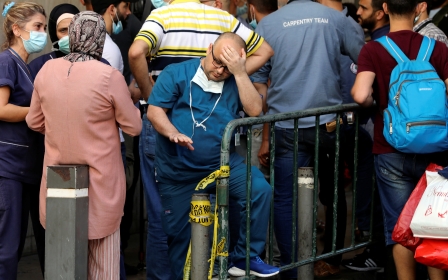Lebanon: Mass queues and growing frustration over fuel shortages

Lebanon has been afflicted with a crippling fuel shortage amidst ongoing economic turmoil in the country.
The country has been experiencing a fuel crisis, which has intensified in recent days causing hundreds of cars to queue outside petrol stations, and causing altercations between people in some instances.
On Tuesday, the head of Lebanon’s Hezbollah movement, Hassan Nasrallah, said that the country could soon be forced to rely on imports from Iran as fuel supplies dwindle.
A report published by the World Bank earlier this week said Lebanon’s economic crisis is likely to be one of the world’s worst in over 150 years, impacting various sectors.
According to the report, Lebanon’s GDP fell from close to $55bn in 2018 to around $33bn in 2020, causing a surge in inflation which is expected to worsen this year.
New MEE newsletter: Jerusalem Dispatch
Sign up to get the latest insights and analysis on Israel-Palestine, alongside Turkey Unpacked and other MEE newsletters
The report also states that over half of the population is likely living below the poverty line, as they suffer from a plummeting purchasing power and higher rates of unemployment.
The economic crisis has been further exacerbated by the coronavirus pandemic and the August 2020 Beirut port blast.
Online, many people have been venting their frustrations about the lack of fuel:
Amidst long queues of traffic in Beirut, some people left their cars carrying water containers to fill up with fuel as fears rose that they may not be able to get some. Lebanon’s General Directorate of Oil has since issued a statement, warning people against the dangers of storing fuel unsafely.
The long queues of cars have caused stand-still traffic in many areas, and also threaten the running of power generators, which many people in the country rely on for electricity.
According to local media, a number of officials have criticised the central bank, which has largely been blamed for the worsening fuel shortage, as subsidised dollar payments have been delayed to importers.
Last week, a Lebanese man set his car on fire in the town of Qaa in the Baalbek-Hermel governorate, after experiencing growing frustration with being unable to refuel his car. The incident was one of many examples of people showing anger over the lack of fuel and other basic services.
Last month, 24-year-old Ghais Masry was also killed at his grandfather’s petrol station after live ammunition was fired in Akkar.
Pharmacies across Lebanon have also experienced a severe shortage of medicines in recent days. On Friday, a number of pharmacies closed in a two-day strike over the shortages and infant milk supplies.
Middle East Eye delivers independent and unrivalled coverage and analysis of the Middle East, North Africa and beyond. To learn more about republishing this content and the associated fees, please fill out this form. More about MEE can be found here.




